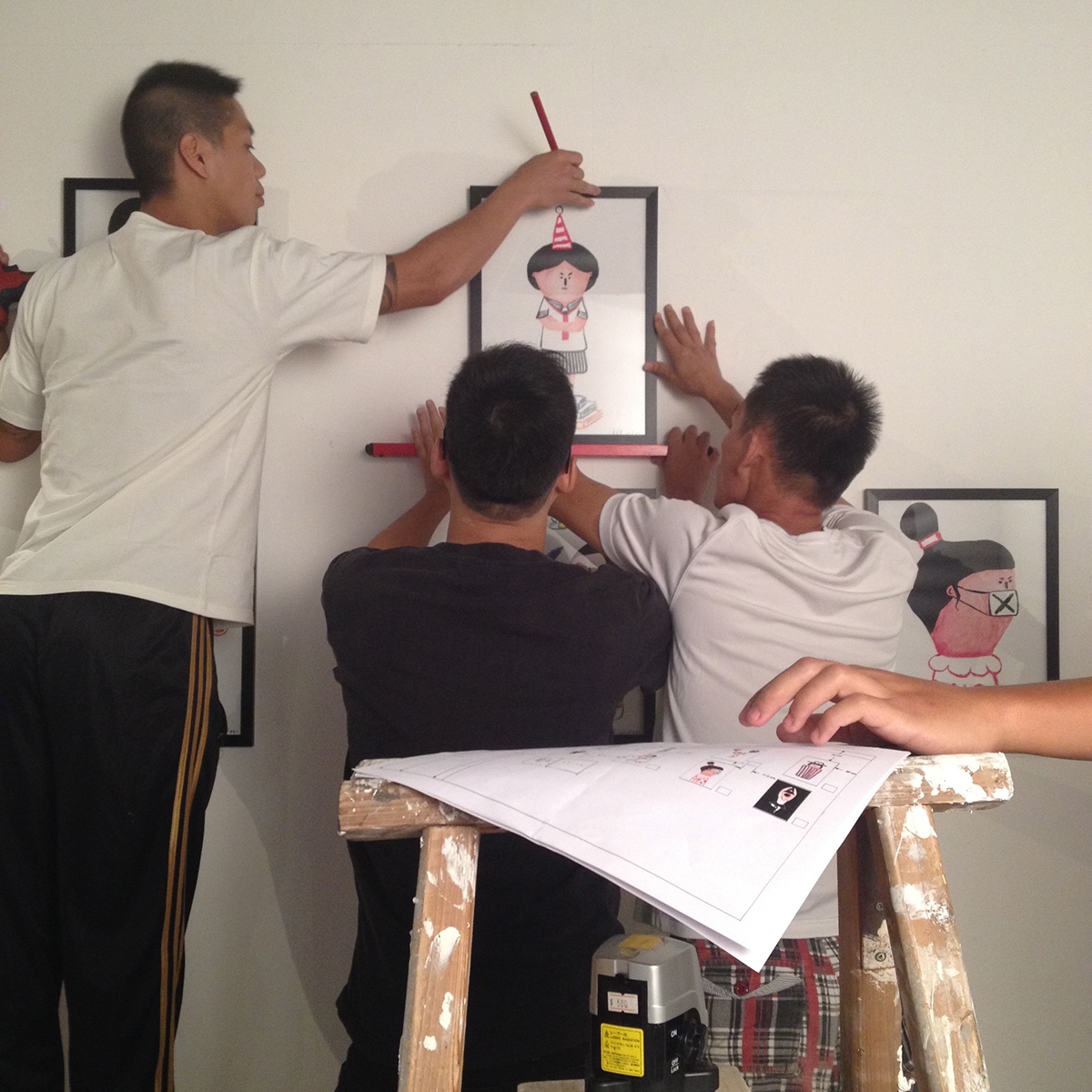大人懂得跟別人打招呼,懂得自己綁鞋帶,懂得自己吃飯。對他們來說這並不是什麼高難度動作。因此他們也要求小孩做得跟自己一樣好。當小孩達不到要求,大人就會覺得是不是小孩那裡出現問題?甚至責罵小孩為什麼每次都做不好。
大人似乎忘記這些動作,是用了幾十年時間練習才能如此純熟。現在卻要求一個小孩短時間內做到,根本就不可能,小孩當然想放棄。
跟小孩相處的時候,嘗試拿掉大人的身份,站在他們的角度看世界。然後,你會發現小孩身上有很多寶貴的東西是值得我們去學習。
—
Adults know how to greet others, tie their shoelaces, and have table manners. To them, it’s natural to do these things. As such, they tend to ask their kids to do it as well as they do. When the kids fail to deliver, adults always wonder if something’s wrong with them, or even scold them.
Adults apparently just forget that they’ve spent years learning these skills. It’s impossible for kids to learn it in a short period of time. No wonder kids want to give up.
Therefore, when dealing with your kids, try to view the world from their perspective. You’ll be amazed of how much you can actually learn from them.
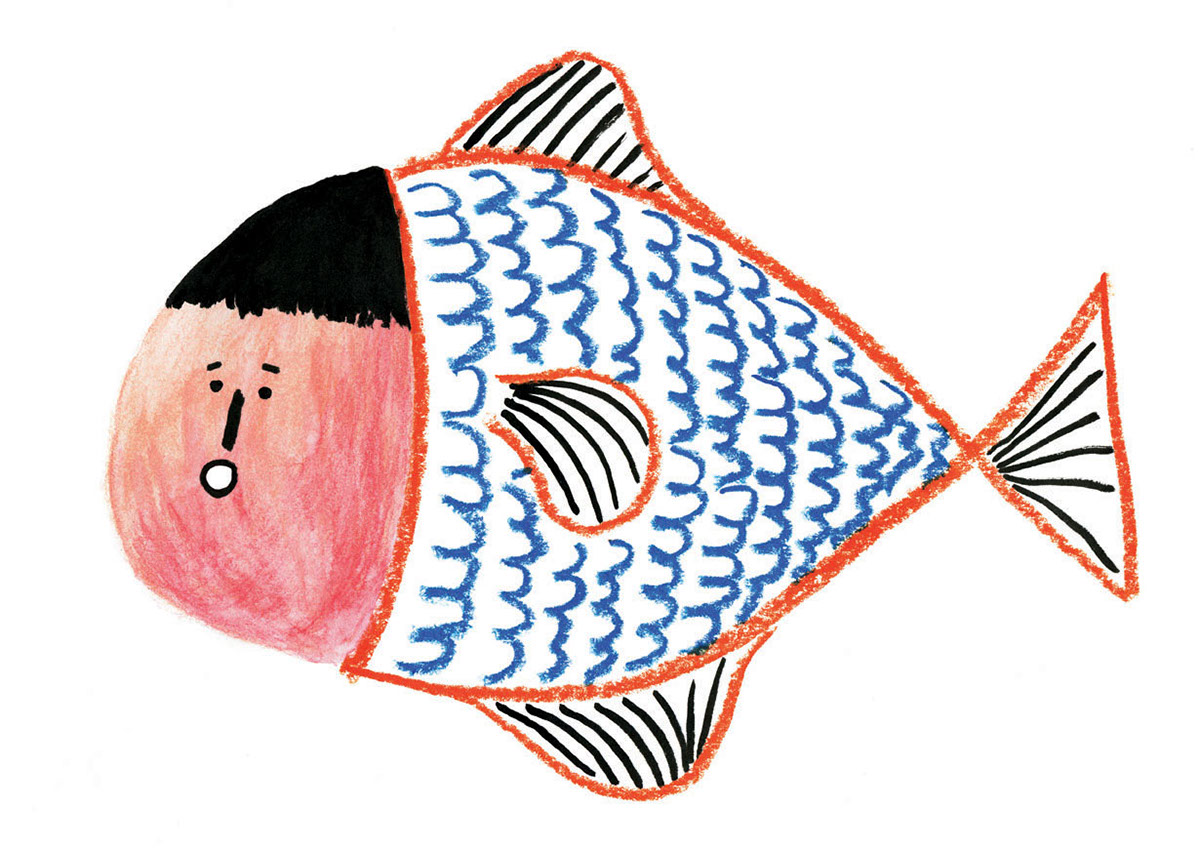
三秒專注力 | 3 seconds of concentration

不想借你玩 | I Don’t want to share my toys

父母是老闆 | Parents are bosses

可以教我如何快樂, 不要教我如何考試嗎 | Show me the way to happiness instead of the way to study for exams

再說道理,我就要飛走了 | I will fly away if you lecture me again
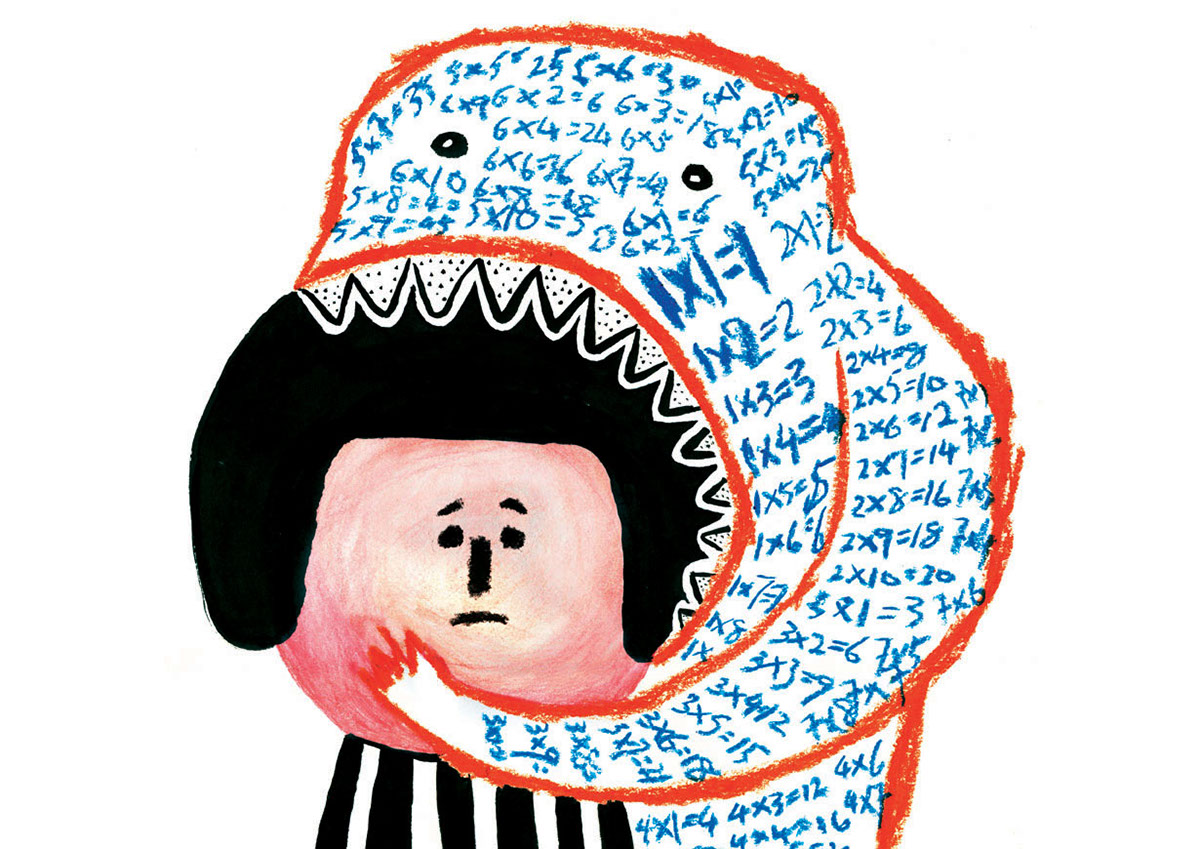
吃掉想像力的教育 | Education can swallow imagination
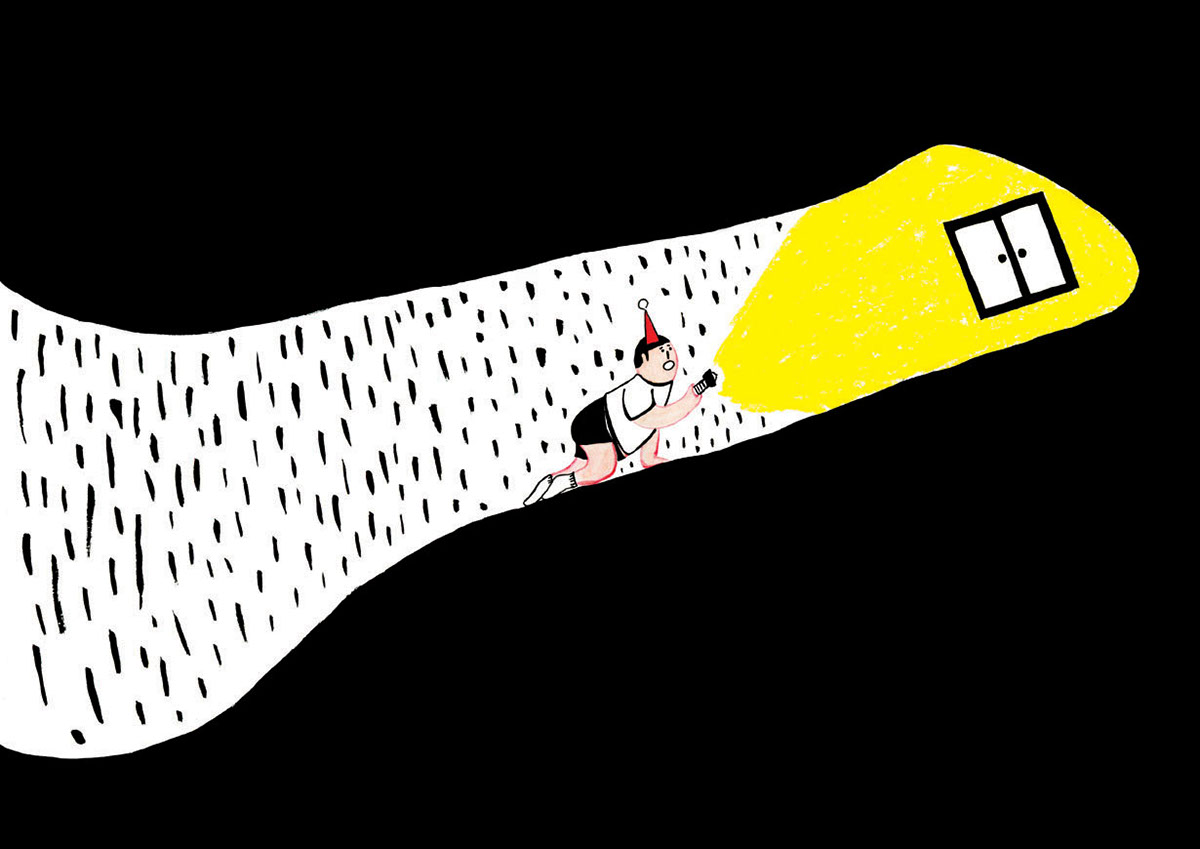
你越不談,我越想知 | The more you hide, the more I want to find out

你越激動,我越淡定 | The angrier you become, the calmer I stay

別怪我, 只是大家看事情的角度不同 | Don’t blame me. We simply look at things from different angles

別嫌我煩 | Don’t be annoyed with me

我不是寵物 | I am not a pet

沒有安全感 | I feel insecure

乖寶寶面具 | A good-boy mask

和別的孩子一樣你會更愛我嗎 | Would you love me more if I behave like the other kids

爸媽是什麼型,我就是什麼型 | My parents shape my character

為什麼在我面前表揚其他孩子 | Why do you praise other kids in front me

破壞換關注 | Getting attention through vandalism
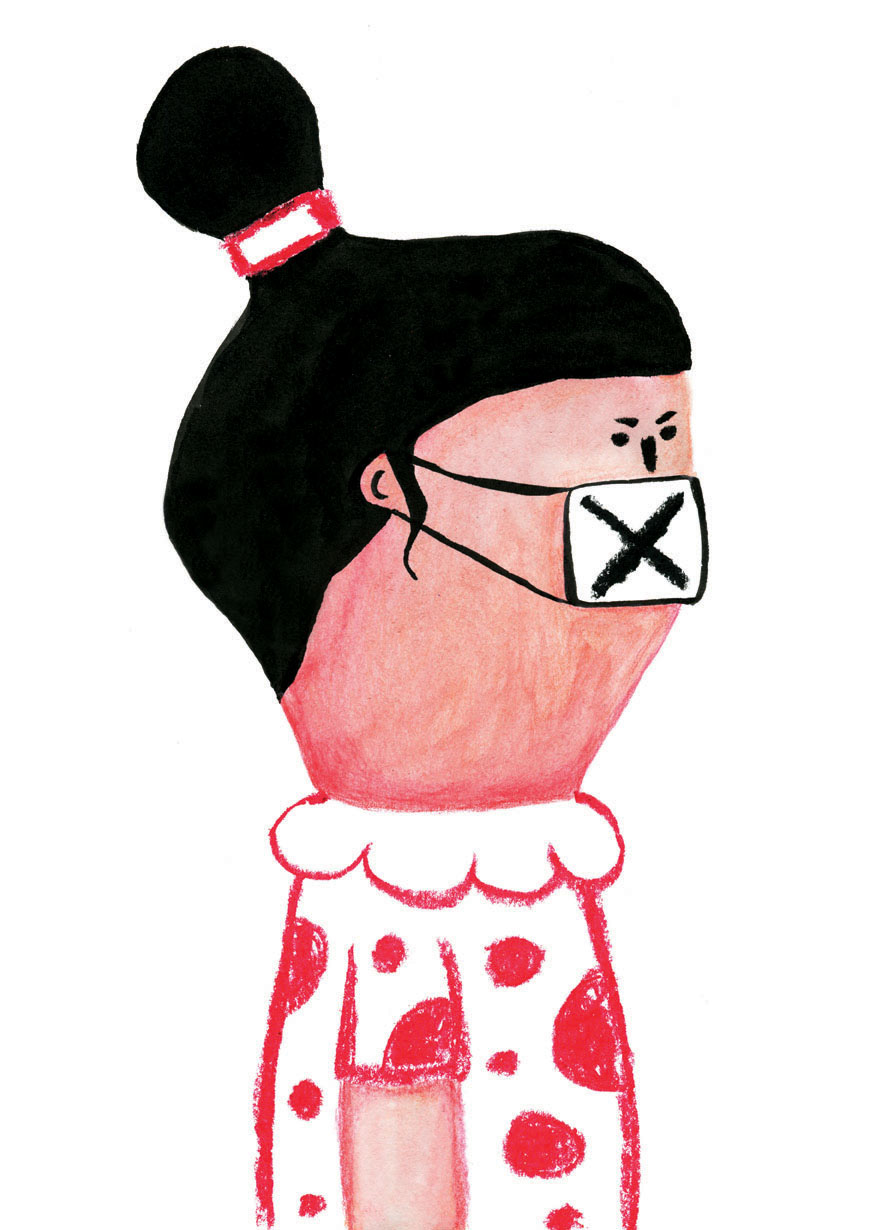
就是不想叫人 | I don’t feel like saying “hello”

學芭蕾舞的時候 | When learning ballet

糟糕,長不大了 | Oops, I can never grow up

